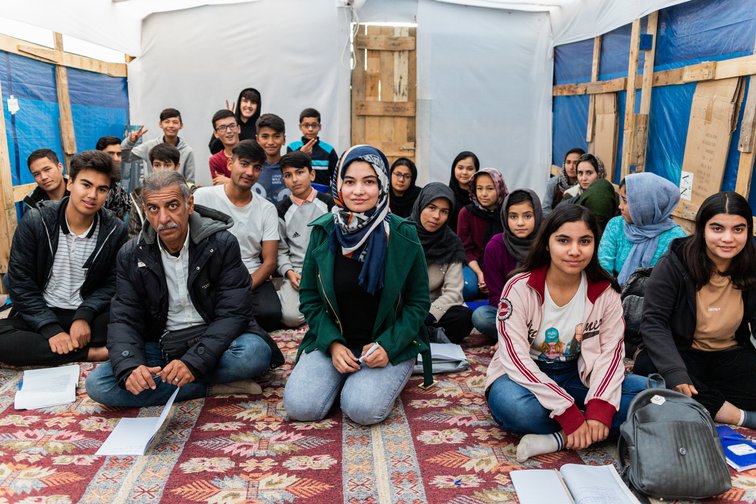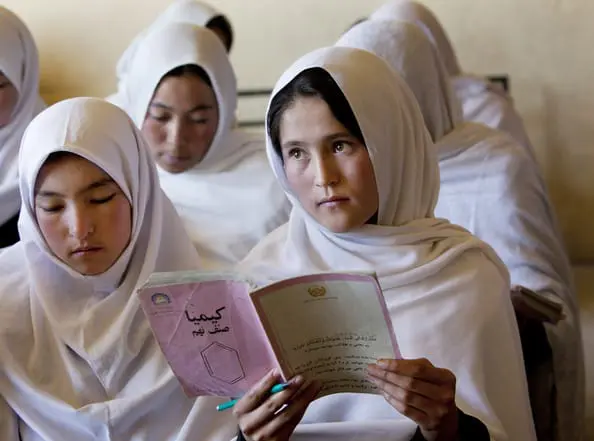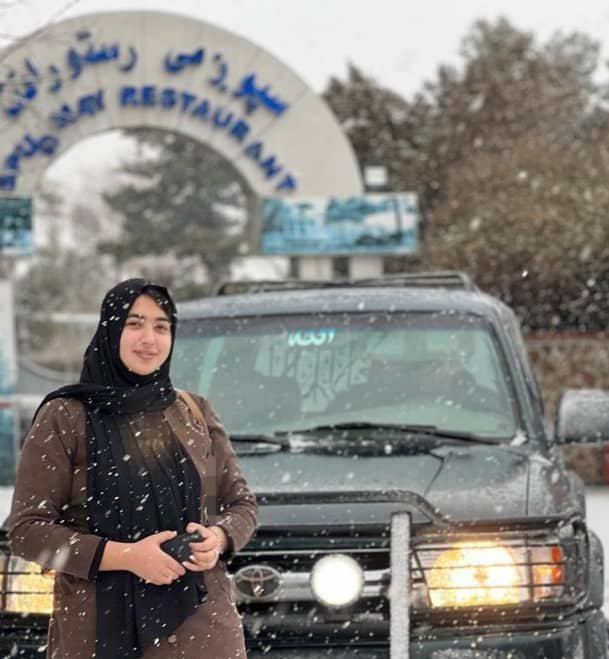How to support Afghan refugee children
Mon, 02 Dec 2024

Follow the stories of academics and their research expeditions
A functioning education system is vital to democracy worldwide. Without an education system that reaches all parts of society and ultimately the world, democracy is just an empty promise. In Afghanistan where I have been born and educated, I have experienced that, a robust and accessible Afghan education system was and is hampered by a variety of external and internal constraints.
Intimidation and interference from religious extremist are a barrier to women’s education and access to education in general. Across the country (Afghanistan) female’s education is impeded. The inability of the law enforcement to guarantee the physical safety and security of women makes a sensible career in the country an unattractive career option, for the women an impossible one. Women have no access to the education system in Afghanistan. Teachers and especially female teachers have to fear for their lives if they stand up for the education of girls. This is the reality of the education system in Afghanistan.
When the Taliban took over Afghanistan last year, they said that women and girls should not return to school. Without any clear solution to this issue, as per their announcement girls were only allowed to go to school until the sixth grade, i. e. when primary school ends. The Taliban have prevented most girls from attending formal secondary education, but when they recently (December 2022) began enforcing education ban, they left Afghan girls with tears and anger. In one of the most dramatic blows to women’s freedoms since seizing power last year, they banned girls from attending school, effectively instituting a total ban on the education of girls and women. Together with a group of Afghan girls, I decided to do something about it.
Many activists and women who were involved in the fight for women’s rights as well as humanitarian needs in general were forced to leave the country after the Taliban seized power. Especially those activists who supported the US mission or worked directly for or with the US government or related organizations in Afghanistan had to fear consequences after the Taliban seized power. I was one of them. However, this step for my own safety did not stop me from continuing to stand for girls’ education rights. The lack of access to education for girls and young women was and is my concern too.
That is why Musal Sadat, Tamana Aziz, Sadaf Ahmadi and I, along with other Afghan girls, started posting about online education in some small private Facebook groups. We also reached out to Facebook friends to see how people were responding and if there were any teachers willing to continue teaching students. We reached out to over 30 female volunteer teachers who wanted to serve the young women and girls and teach students in online courses. This has encouraged us to begin work on an online platform that offers courses to girls and young women who would otherwise not have access to basic and continuing education. This is the short version of the story of how we decided to make a difference by developing an online school (Afghan Maktab) for Afghan girls, where girls can shape the future of Afghanistan.
Do we and teachers have to fear trouble with the Taliban? Yes, of course. If we stand up for women’s right to education in Afghanistan, of course we might get in trouble, but if we don’t raise our voice, who will? And if we don’t do anything, who would do it for us? So far, the Taliban have not banned women from online learning. Apparently, they don’t have a problem with online learning. Maybe it just doesn’t happen visibly enough to bother them. Let’s hope it stays that way, so women and girls can continue to have access to education.
Mon, 02 Dec 2024

Mon, 02 Dec 2024

Mon, 02 Dec 2024

Leave a comment